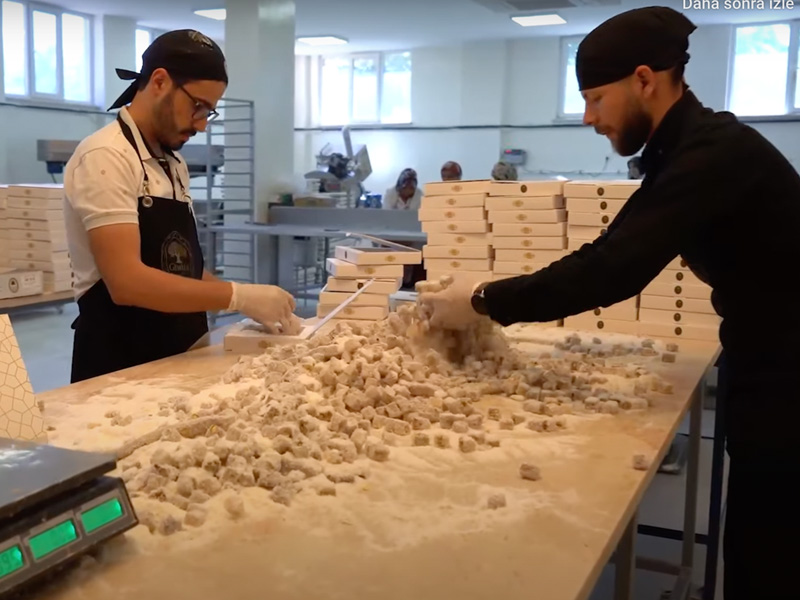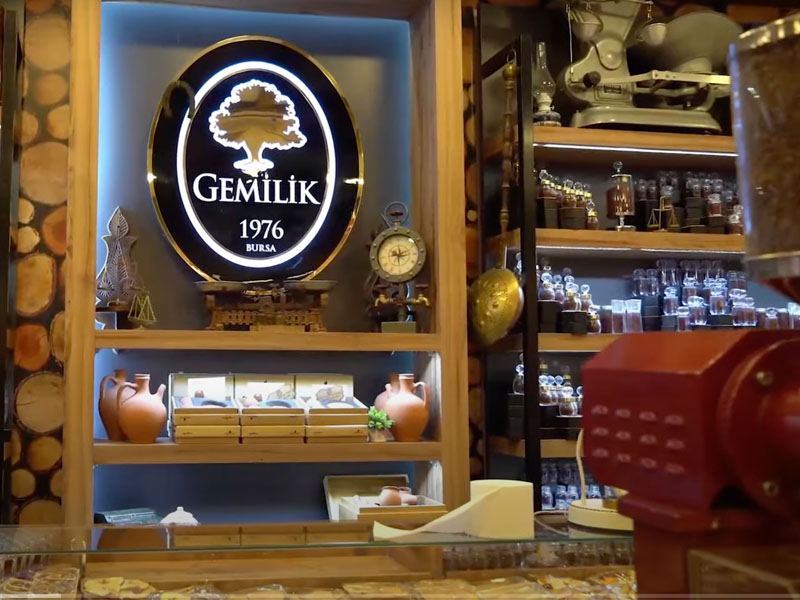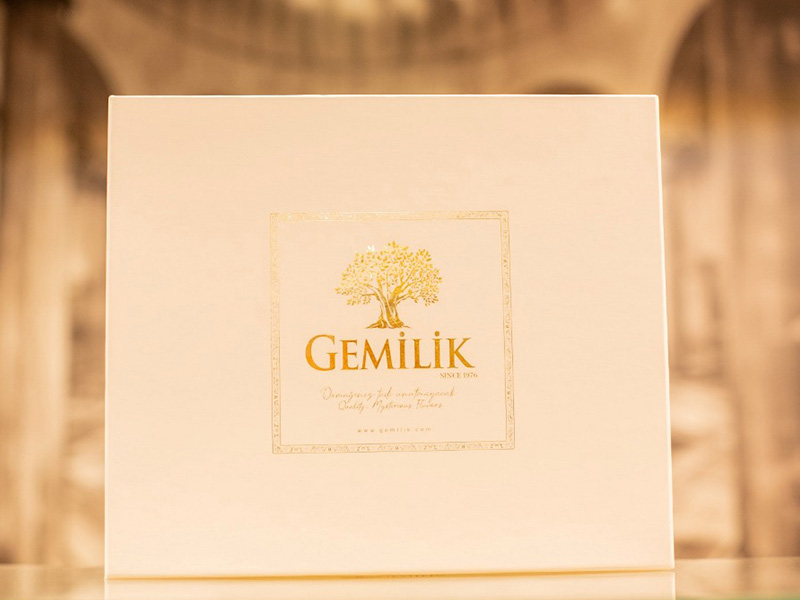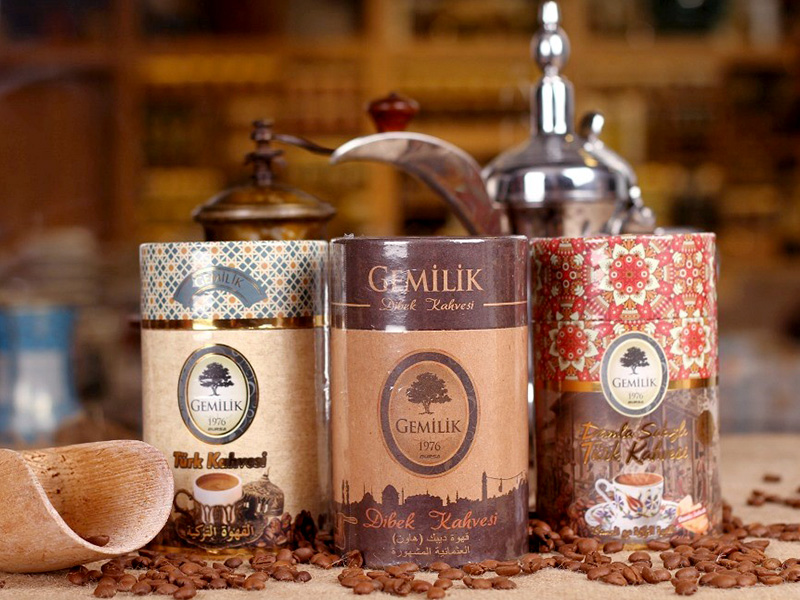Turkish delight is more than a sweet — it’s a reflection of heritage, craftsmanship, and a culinary tradition passed down through centuries. But where did this soft, fragrant treat originate?
Born in the Ottoman Palace
The origins of Turkish delight date back to the 15th century, when Ottoman confectioners began refining
basic honey-based sweets into more delicate creations. In the 18th century, the introduction of starch and
refined sugar gave Turkish delight its soft, chewy texture.
“Turkish Delight” Reaches Europe
In the 19th century, European travellers visiting Istanbul were captivated by this unique sweet. They
brought it back to their homelands, calling it “Turkish Delight”. Soon after, it gained popularity across
Europe, especially in the UK, France, and Germany.
Traditional Craft in a Modern World
Today, Turkish delight is available in many flavours — rose, pistachio, saffron, and more. Yet, the most
valued varieties are still handmade using traditional techniques and pure ingredients. Cities like Bursa
and towns like Gemlik are still home to artisan lokum producers.
From Culture to Cuisine
Turkish delight has gone far beyond being a traditional treat served during holidays, weddings, and
special visits. Today, it has become a valued product for gifting, gourmet experiences, and international
export.
As Gemilik Turkish Delight, we take pride in bringing this cultural heritage to the global market.









